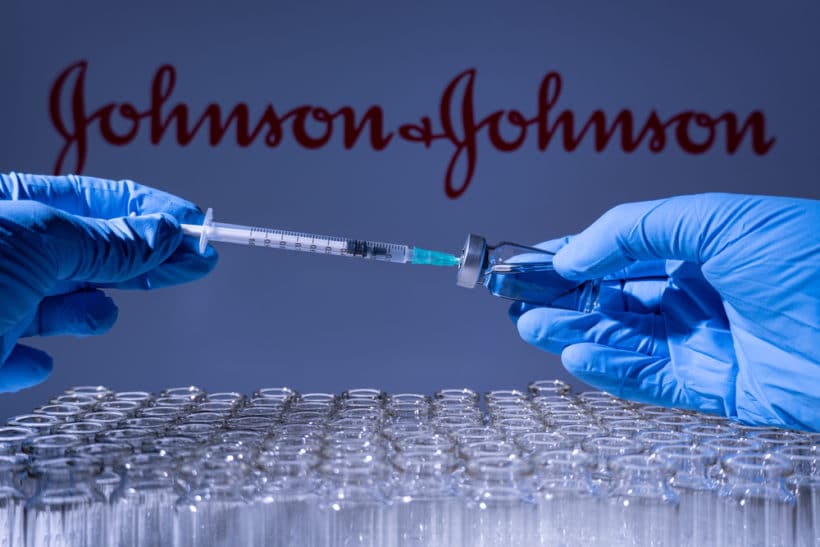
Aug 31 (Reuters) – Johnson & Johnson said on Tuesday its experimental vaccine failed to provide sufficient protection against HIV in sub-Saharan Africa to young women who accounted for a large number of infections last year.
The results from the mid-stage study are the latest setback to efforts to develop a vaccine to prevent HIV or human immunodeficiency virus, which causes AIDS that had infected over 37 million people globally as of 2020.
“Although this is certainly not the study outcome for which we had hoped, we must apply the knowledge learned from the… trial and continue our efforts to find a vaccine that will be protective against HIV,” said Anthony Fauci, director of the U.S. National Institute of Allergy and Infectious Diseases (NIAID).
Despite the discovery of effective treatments that can put the virus in remission, experts say an HIV vaccine is critical to eradicating the virus.
Read more: South Africa study shows high COVID protection from J&J vaccine
The mid-stage study testing the J&J vaccine included 2,600 women participants across five Southern African countries, where women and girls accounted for over 60% of all new HIV infections last year.
Researchers found that 63 participants who received placebo and 51 who were administered the J&J vaccine got HIV infection, resulting in a vaccine efficacy of 25.2%.
The vaccine was found to be safe with no serious side effects reported, but the study will not continue based on the efficacy data, J&J said.
The trial of the vaccine was supported by the NIAID and the Bill & Melinda Gates Foundation.
J&J said it was studying the safety and efficacy of a different experimental HIV vaccine among men who have sex with men, and transgender persons. The trial, conducted in the Americas and Europe, is expected to be completed in March 2024.
(Reporting by Manas Mishra in Bengaluru; Editing by Shailesh Kuber and Shinjini Ganguli)

